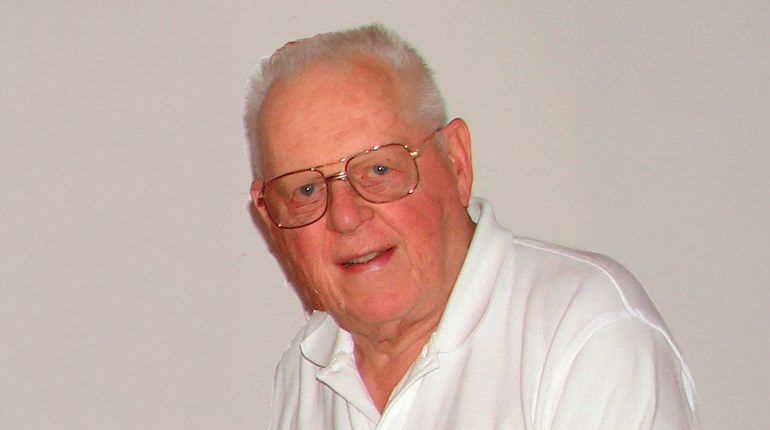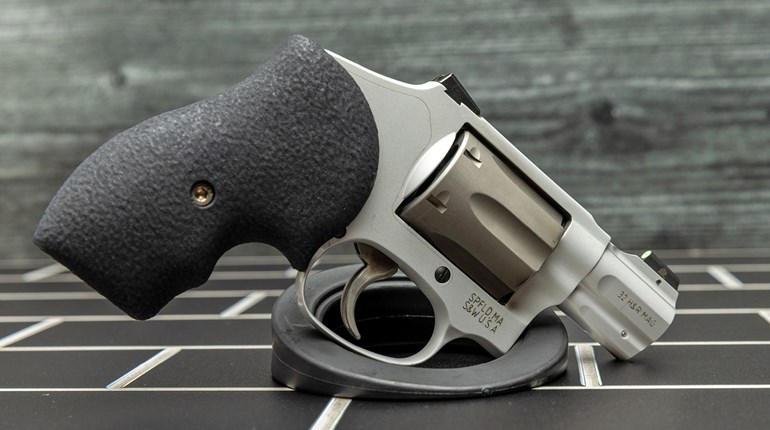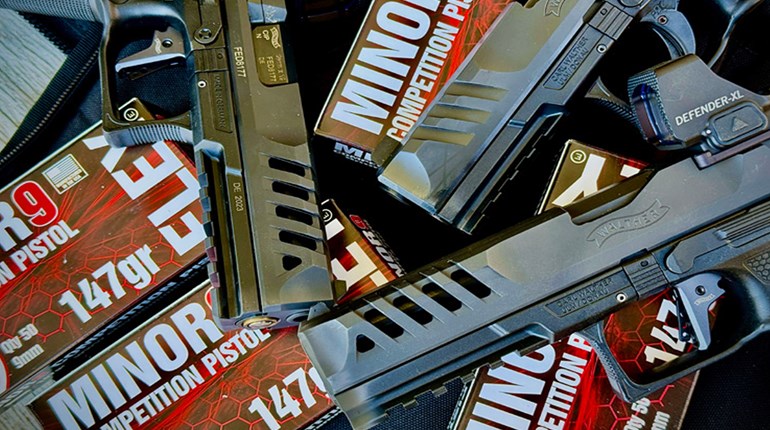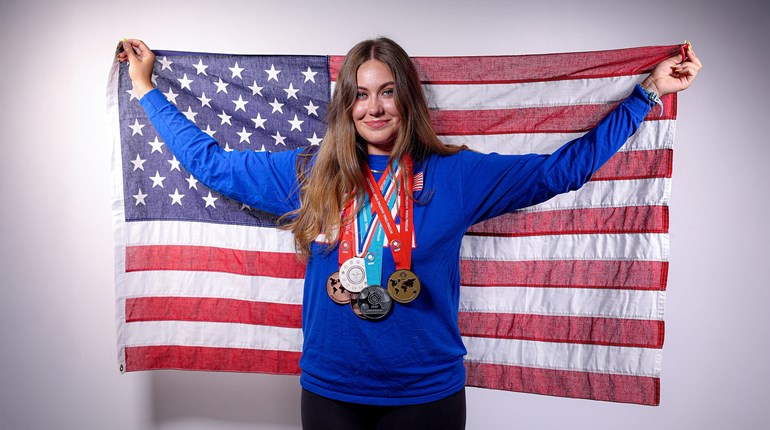
Though highly specialized in its mission, a branch of the military comprised of more than 1,000 men and women rarely receives the attention of special fighting forces like the Navy SEALs or Marine Corps snipers, although it quietly and faithfully serves beside those in the Navy, Marine Corps and Coast Guard at home and abroad.
And last week, at Marine Barracks Washington, D.C., the 240th anniversary of the Navy Chaplain Corps was celebrated by a gathering at Crawford Hall.
The Navy Chaplains Corps officially began Nov. 28, 1775, when the second article of Navy Regulations was adopted, reading: “The Commanders of the ships of the thirteen United Colonies are to take care that Divine Services be performed twice a day on board and a sermon preached on Sundays, unless bad weather or other extraordinary accidents prevent.”
From the decks of carriers, destroyers and amphibious ships at sea around the world, to the battlefield, to naval hospitals, to Coast Guard cutters and stations, chaplains have been there with the country’s warfighters to provide and facilitate support for their religious needs.
“The job of a chaplain is important because when we think about the Navy and the Marine Corps we think about a mission and that things are going to get done and bombs have to be placed on target and airplanes have to be flown and ships have to be sent forward, but the only reason why that takes place is because there are people and people are really the heartbeat of the Navy and the Marine Corps,” said Rear Adm. Margaret G. Kibben, 26th Chief of Chaplains said in a prepared statement for the Corps’ anniversary. “In some ways the world has changed but the Chaplain Corps has not. We have always been there to take care of the sailors and the Marines and to make sure that they have the access to religious ministry and they also have somebody there to listen to them who is always available.”
Though chaplains devote their service to the well being and faith of service members on the home front, throughout the history of global conflicts they have served in combat operations. Rev. John L. Lenhart was the first Navy chaplain to lose his life in combat while serving on USS Cumberland March 8, 1862. Navy Lt. Vincent R. Capadanno posthumously received the U.S. Medal of Honor on Jan. 7, 1969, for his selfless service in Vietnam with 3rd Battalion, 5th Marines.
“Even in the midst of a generation that seems increasingly distant from matters of religion and faith, chaplains are there to support service members who wish to develop their own faith identity and connect with something greater than themselves,” Rear Adm. Kibben said. “Embedded in the command, chaplains are privileged to walk alongside our people during their most joyous and most challenging moments. Regardless of differences in religious or personal convictions, chaplains bring a message of hope to those who feel hopeless; a message of caring, when the last thing they feel is cared for; and we bring a sense of comfort, when everything around them is beyond uncomfortable, it’s painful and even heart-wrenching.”





































